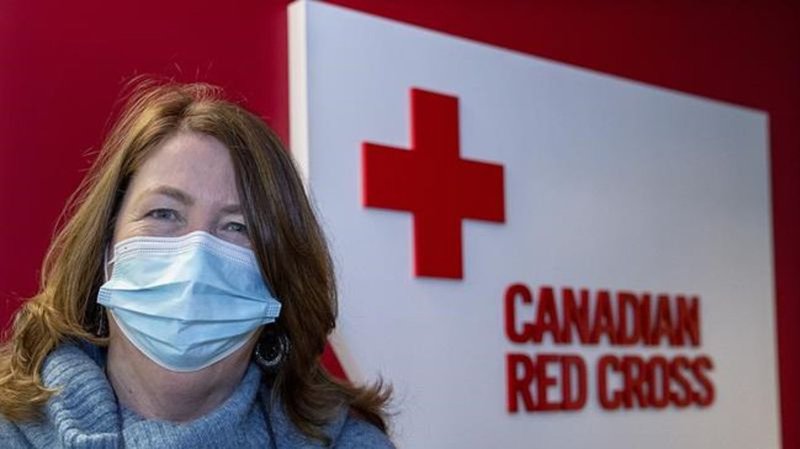
Human connections: ‘Friendly Calls’ program reaches out to lonely, isolated Canadians
HALIFAX — Wendy Goodall moved from Ontario to the sprawling prairies of southern Saskatchewan two years ago. Then the COVID-19 pandemic shrank her world.
“I knew nobody here, except my daughter and her family,” says Goodall, a widow in her early 70s who lives in the village of Lipton, Sask. “If I was to get COVID, my doctor said I wouldn’t survive it. It’s very depressing not to be able to get out.”
As the pandemic dragged on, Goodall’s deepening sense of loneliness prompted a counsellor to refer her to a free program established by the Canadian Red Cross in early 2020, as the spread of the virus led to lockdowns across the country.
The Friendly Calls program pairs participants like Goodall with trained Red Cross volunteers who typically call once a week to chat. As simple as it seems, the program — offered in French and English — has proven to be so popular that it has expanded to every province and the Northwest Territories.


